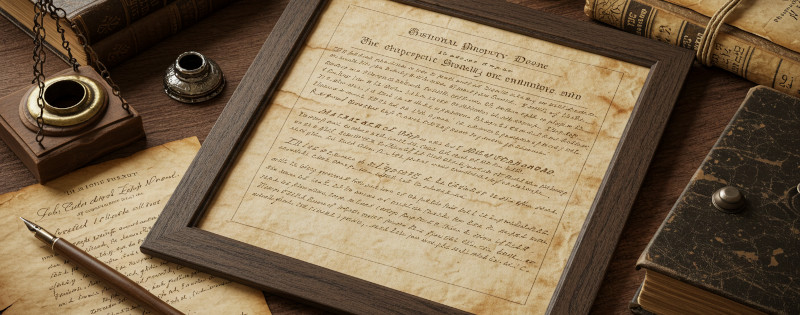Jump to Section
Summary
When someone passes away without heirs, the question arises: can their probate assets be distributed to charities? This article explores this important topic, highlighting the legal framework surrounding the distribution of assets, potential challenges, and a step-by-step process for navigating these situations. Whether you are an attorney, estate planner, or simply a curious reader, this guide will answer your questions and provide valuable insights on charitable distributions in probate cases.
Overview
Probate is the legal process through which a deceased person’s assets are distributed. When a person dies without a designated heir or beneficiary, the assets may become part of the state’s unclaimed property until proper distribution is decided. However, in many cases, these assets can be allocated to charities. Understanding the specifics of this process is crucial for attorneys and estate administrators.
Key Points to Consider
- Probate assets include real estate, bank accounts, investments, and personal property.
- State laws govern the distribution of assets when no heirs are present.
- Charitable organizations can often step in as beneficiaries under certain conditions.
Common Challenges
Navigating the probate process without heirs can present several challenges. It is essential to be aware of the following potential issues:
- State Laws Vary: Each state has its regulations regarding asset distribution in the absence of heirs. Researching these laws is vital.
- Identification of Charitable Organizations: Not all charities can receive assets, and identifying appropriate organizations can be complicated.
- Proof of Intent: Documentation may be required to demonstrate the deceased’s intention to support particular charities.
Step-by-Step Process
When managing a probate case where no heirs exist, follow these steps:
1. Evaluate the Estate
Begin by determining the total value of the estate and identifying all probate assets. This will include reviewing bank accounts, real estate, and valuable possessions. Compile a comprehensive inventory.
2. Review State Laws
Research the state probate code to understand how assets are distributed when there are no heirs. States often have specific procedures for charitable distributions. It’s beneficial to consult with a legal expert if needed.
3. Identify Potential Charities
Explore various charitable organizations that align with the deceased’s values or interests. This can include national charities or local nonprofits. Ensure they are registered and in good standing.
4. Document Intent
If the deceased expressed wishes for charitable contributions, gather any written documentation or witness testimonies that can affirm these desires.
5. File Appropriate Legal Paperwork
Prepare and file the necessary legal documents with the probate court. This may include petitions to distribute assets to charities. Review any specific requirements set by your state.
6. Distribute Assets
Once approved, distribute the assets to the identified charities according to the court’s ruling. Ensure all transactions are well documented for future reference.
FAQs
Can charities receive assets if there are no identifiable heirs?
Yes, many states allow the distribution of assets to charities if no heirs can be identified. The procedure may vary based on state laws.
What if the deceased left a will but did not name any heirs?
If a will is present, it should be followed unless it contravenes state laws or is deemed invalid. Charitable bequests may still be honored.
Do I need to consult an attorney when distributing assets to charities?
While it’s possible to navigate the process without legal assistance, consulting with an estate attorney can ensure compliance with all legal requirements and can help identify potential pitfalls.
Expert Tips
Here are some practical insights to consider:
- Engage with local charities early in the process to gauge their interest and readiness to accept assets.
- Document all communications and decisions thoroughly to avoid disputes later.
- Stay informed about changes in probate laws that could impact how assets are distributed.
Related Resources
For more information about heir search and probate processes, consider visiting Heir Pros. They offer valuable resources and services to navigate heir searches, which can be beneficial even when dealing with charitable distributions.




